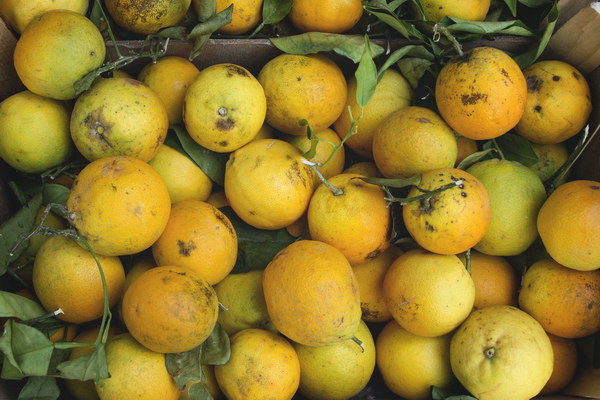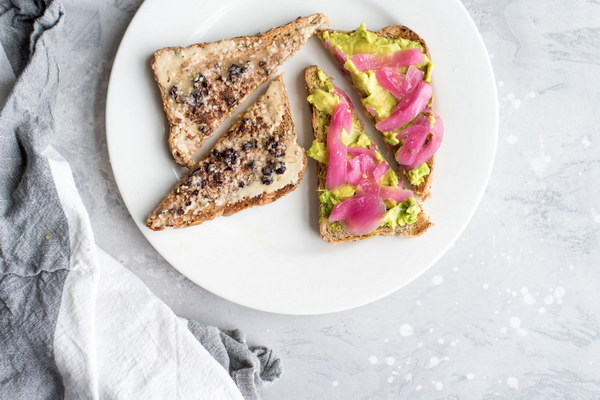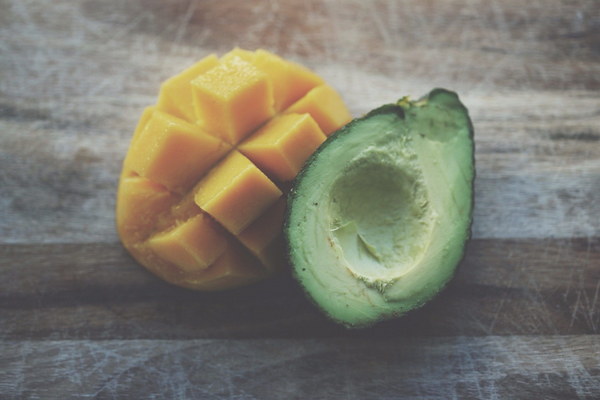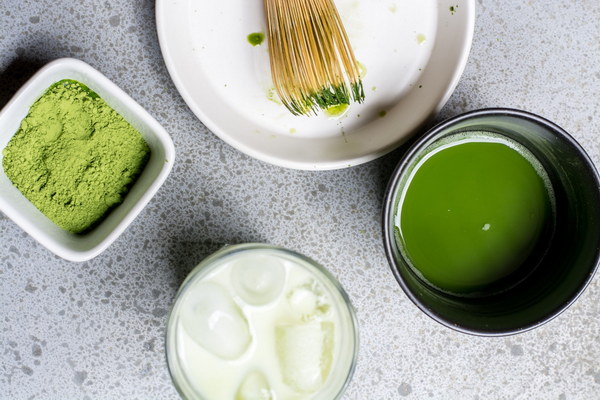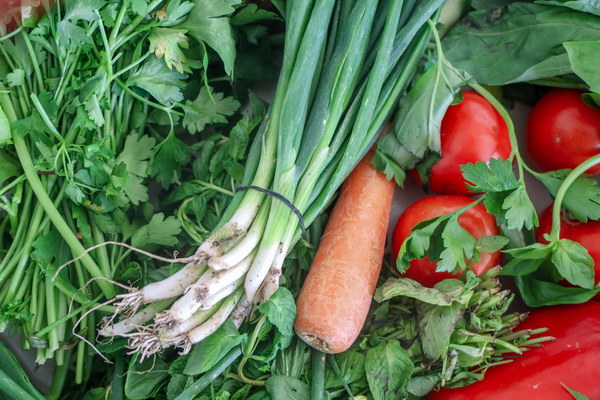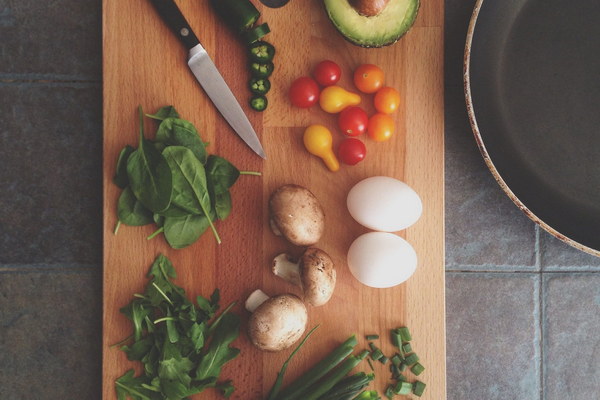Eczema Relief for Pregnant Women Nourishing Diet Tips for Skin Health
Eczema, an inflammatory skin condition, can be particularly challenging for pregnant women due to hormonal changes and increased sensitivity. The good news is that a nourishing diet can play a significant role in managing eczema symptoms. This article provides practical tips and dietary recommendations to help pregnant women alleviate eczema and maintain healthy skin throughout their pregnancy.

1. Identify and Avoid Triggers
The first step in managing eczema during pregnancy is to identify potential triggers. Common triggers include certain foods, allergens, and environmental factors. Keeping a food diary can help you pinpoint any dietary triggers that may be exacerbating your eczema.
2. Increase Omega-3 Fatty Acids
Omega-3 fatty acids, found in fish, flaxseeds, and walnuts, have anti-inflammatory properties that can help reduce eczema symptoms. Incorporate these foods into your diet regularly to maintain a healthy balance of omega-3s and omega-6s, which can help manage inflammation.
- Fish: Aim for two servings of fatty fish per week, such as salmon, mackerel, and sardines. If you're concerned about mercury levels, choose fish with lower mercury content, like shrimp, canned light tuna, and pollock.
- Flaxseeds: Sprinkle ground flaxseeds on your salads, smoothies, or yogurt for a boost of omega-3s. Make sure to grind them to enhance their absorption.
- Walnuts: Enjoy a handful of walnuts daily as a nutritious snack or add them to your morning oatmeal.
3. Consume Probiotics
Probiotics, found in yogurt, kefir, and fermented foods, can help maintain a healthy gut microbiome, which is crucial for managing eczema. Including probiotic-rich foods in your diet may improve your immune system's response to allergens and reduce eczema symptoms.
- Yogurt: Choose plain, unsweetened yogurt with live cultures. You can sweeten it with honey or fresh fruit.
- Kefir: A fermented milk drink, kefir contains probiotics and is also rich in vitamins and minerals. Try it as a smoothie base or a topping for salads.
- Fermented foods: Include sauerkraut, kimchi, and miso in your diet to reap the benefits of probiotics.
4. Opt for Anti-inflammatory Foods
Incorporate anti-inflammatory foods into your diet to reduce eczema symptoms. These foods include fruits, vegetables, nuts, seeds, and whole grains.
- Fruits and vegetables: Aim for a variety of colorful fruits and vegetables, which are rich in antioxidants and vitamins. Berries, leafy greens, and cruciferous vegetables, such as broccoli and kale, are particularly beneficial.
- Nuts and seeds: Almonds, chia seeds, and sunflower seeds are great sources of anti-inflammatory fats and nutrients.
- Whole grains: Choose whole grains like brown rice, quinoa, and whole-grain bread to support a healthy gut and reduce inflammation.
5. Stay Hydrated
Drinking plenty of water is essential for maintaining healthy skin and reducing eczema symptoms. Aim for at least eight glasses of water per day, and consider adding cucumber slices or fresh lemon juice to your water for a refreshing twist.
6. Consult with Your Healthcare Provider
Before making any significant changes to your diet, consult with your healthcare provider, especially if you have any dietary restrictions or concerns. They can help you create a personalized plan that meets your nutritional needs and supports your overall health during pregnancy.
In conclusion, a nourishing diet can play a significant role in managing eczema symptoms during pregnancy. By identifying and avoiding triggers, incorporating omega-3 fatty acids, probiotics, and anti-inflammatory foods, and staying hydrated, you can help alleviate eczema and maintain healthy skin throughout your pregnancy. Always consult with your healthcare provider for personalized advice and support.

